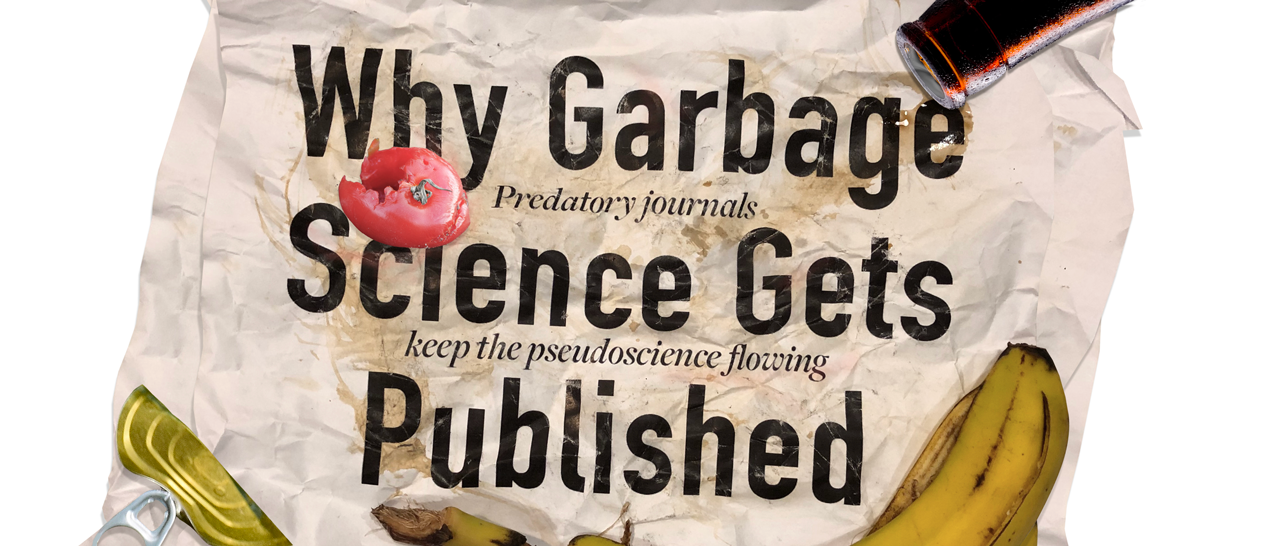Science’s Pirate Queen: Plundering the Academic Publishing Establishment
Alexandra Elbakyan runs Sci-Hub, a website with over 64 million academic papers available for free to anybody in the world. (Long read ...)

Send us a link
Alexandra Elbakyan runs Sci-Hub, a website with over 64 million academic papers available for free to anybody in the world. (Long read ...)

A paper documenting strong and robust negative correlations between the length of the title of an economics article and different measures of scientific quality.
In order to better serve authors, an agreement between the two organizations outlines broader use of bioRxiv for preprints of papers submitted to PLOS journals.
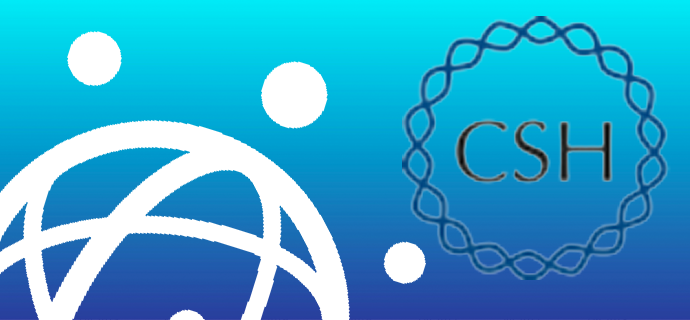
The FinELib consortium and Elsevier today signed an agreement making Elsevier’s globally published research articles available to Finnish academic institutions, while providing Finnish researches with incentives to publish open access if they so choose.
It is time to reinvent the ways we assess our research outputs and each other to make them more fair, efficient and effective, says Michael Eisen.
What makes a conflict of interest (COI) in science? Definitions differ, but broadly agree on one thing: an influence that can cloud a researcher’s objectivity. Nature and the other Nature Research journals are taking into account some of these non-financial sources of possible tension and conflict.
PubMed Commons has been a valuable experiment in supporting discussion of published scientific literature. The service was first introduced as a pilot project in the fall of 2013.

Scientific research can be a cutthroat business, with undue pressure to publish quickly, first, and frequently. PLOS Biology is now formalizing a policy whereby manuscripts that confirm or extend a recently published study are eligible for consideration.
Women are significantly under-represented as last authors on high-quality research papers, according to a recent analysis.
As preprints in medicine are debated, data on how preprints are used, cited, and published are needed. This study by John P.A. Ioannidis evaluates views and downloads and Altmetric scores and citations of preprints and their publications.
In the early days of digital, we were led to believe that the economics of scarcity would be repealed by the removal of supply constraints in the digital world. But that hasn’t happened.

For the first time, China has overtaken the United States in terms of the total number of science publications, according to statistics compiled by the US National Science Foundation (NSF).
Oxford University Press has today joined the Initiative for Open Citations (I4OC).
In his fantastic Peters Memorial Lecture on occasion of receiving CNI’s Paul Evan Peters award, Herbert Van de Sompel of Los Alamos National Laboratory described my calls to drop subscription.
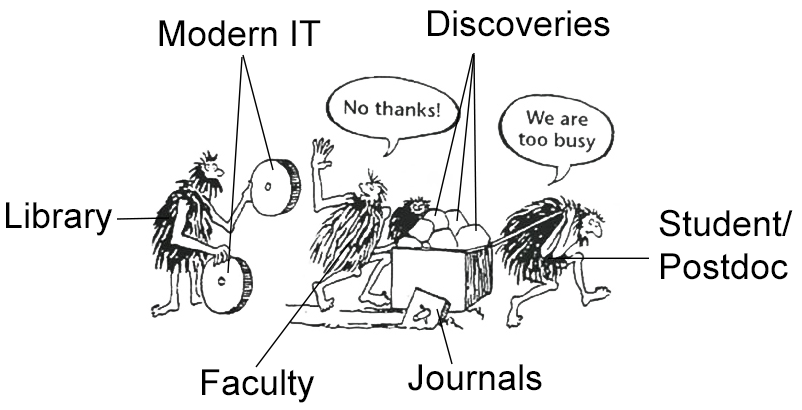
Elsevier is often thought to be the enemy of academic libraries, but in fact its practices improve libraries and lower costs.

The pre-print database for scientists to test the peer-review waters was set up in 1991 as a relatively simple electronic bulletin board on a single computer. Twenty-six years later, the site arXiv.org has surpassed a full billion downloads of papers and receives more than 10 million submissions each month.
Ultimately, the power to enforce change resides in the hands of scientists.
Lucy Patterson reports back from Science Hack Day Berlin.
ReScience resides on GitHub where each new implementation of a computational study is made available together with comments, explanations, and software tests.

In 2017, scientists, regulators, and publishers clashed in a series of lawsuits, boycotts, mass resignations, and more.
The future of automated scientific writing is upon us—and that's a good thing.
Philip Campbell to continue at publisher Springer Nature.
Lack of international representation on scientific journals' editorial boards has persisted since 1985.
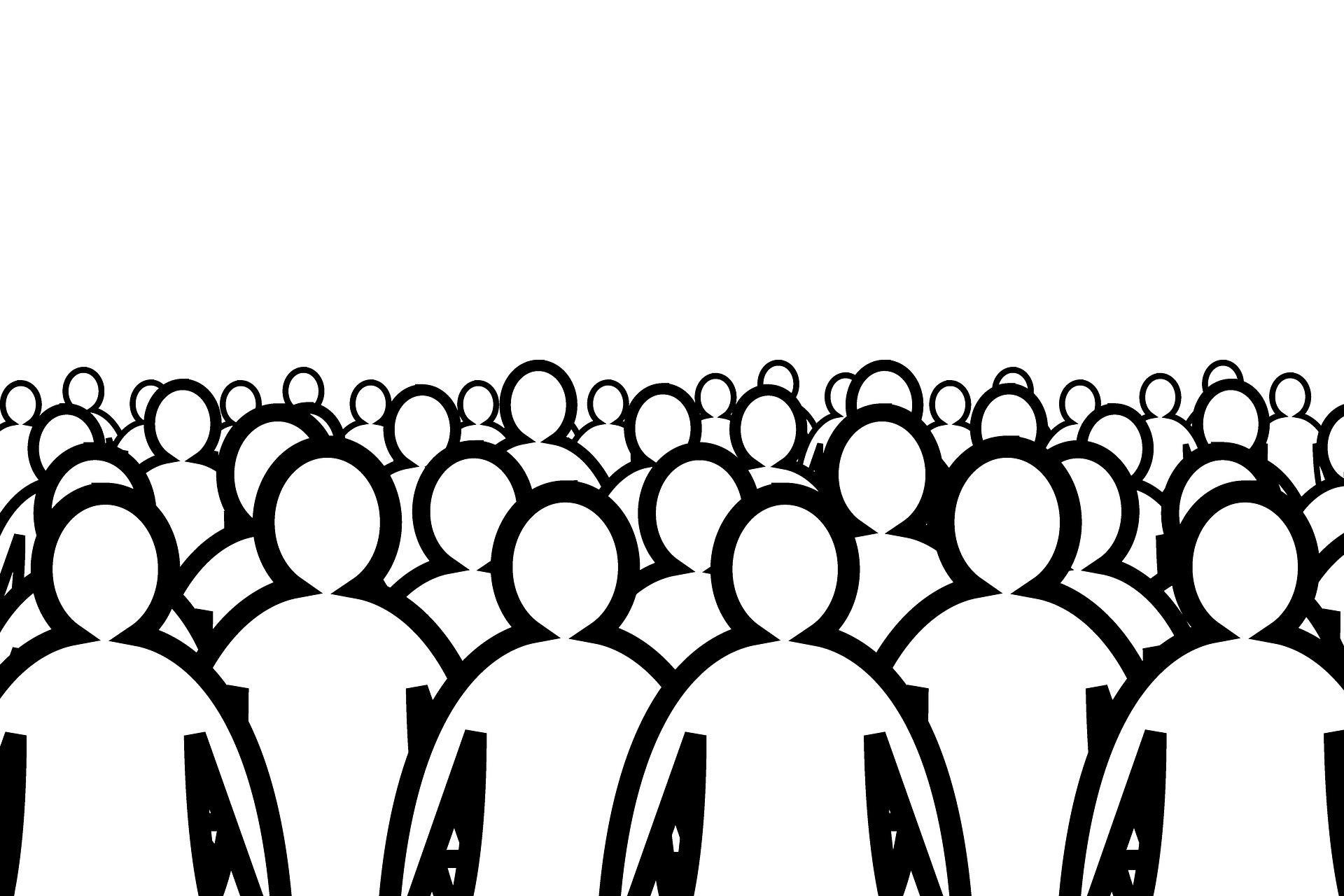
Slides explaining the publishing process and how Open Access fits in the traditional journal-subscription based model.
How can one discern if the paper that they are reading is from a predatory journal or not?
Nature investigates how many papers really end up without a single citation.
A broad TDM Exception is important for everyone (not just researchers), would boost Europe’s economy and doesn’t mean that publishers would lose money.
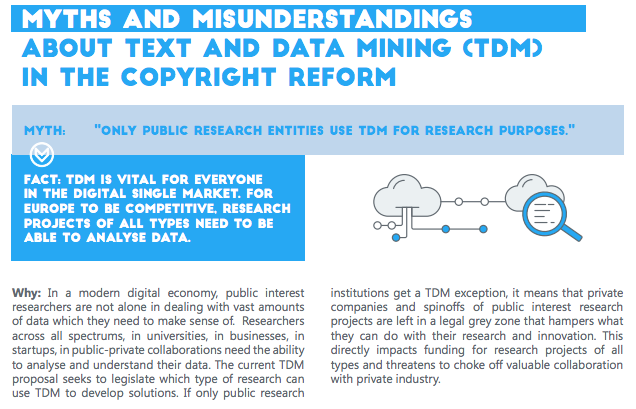
An interview presents the perspectives of Jonathan Tennant, an early-career researcher.
Arxiv Vanity renders academic papers from arXiv as responsive web pages so you don’t have to squint at a PDF.
Opinion pieces that “represent the viewpoint of an individual” and offer hypotheses without testing them are the opposite of science.
